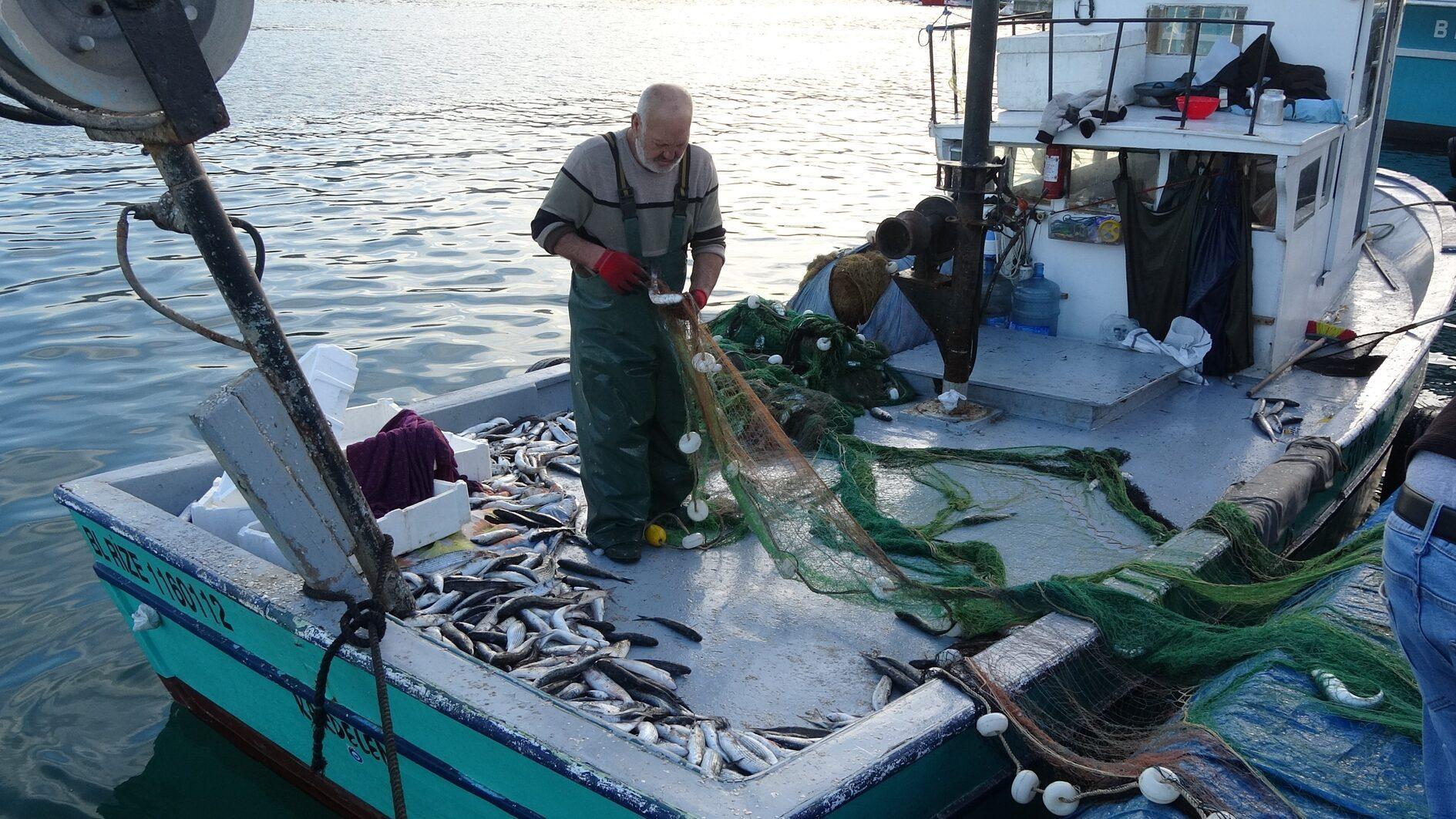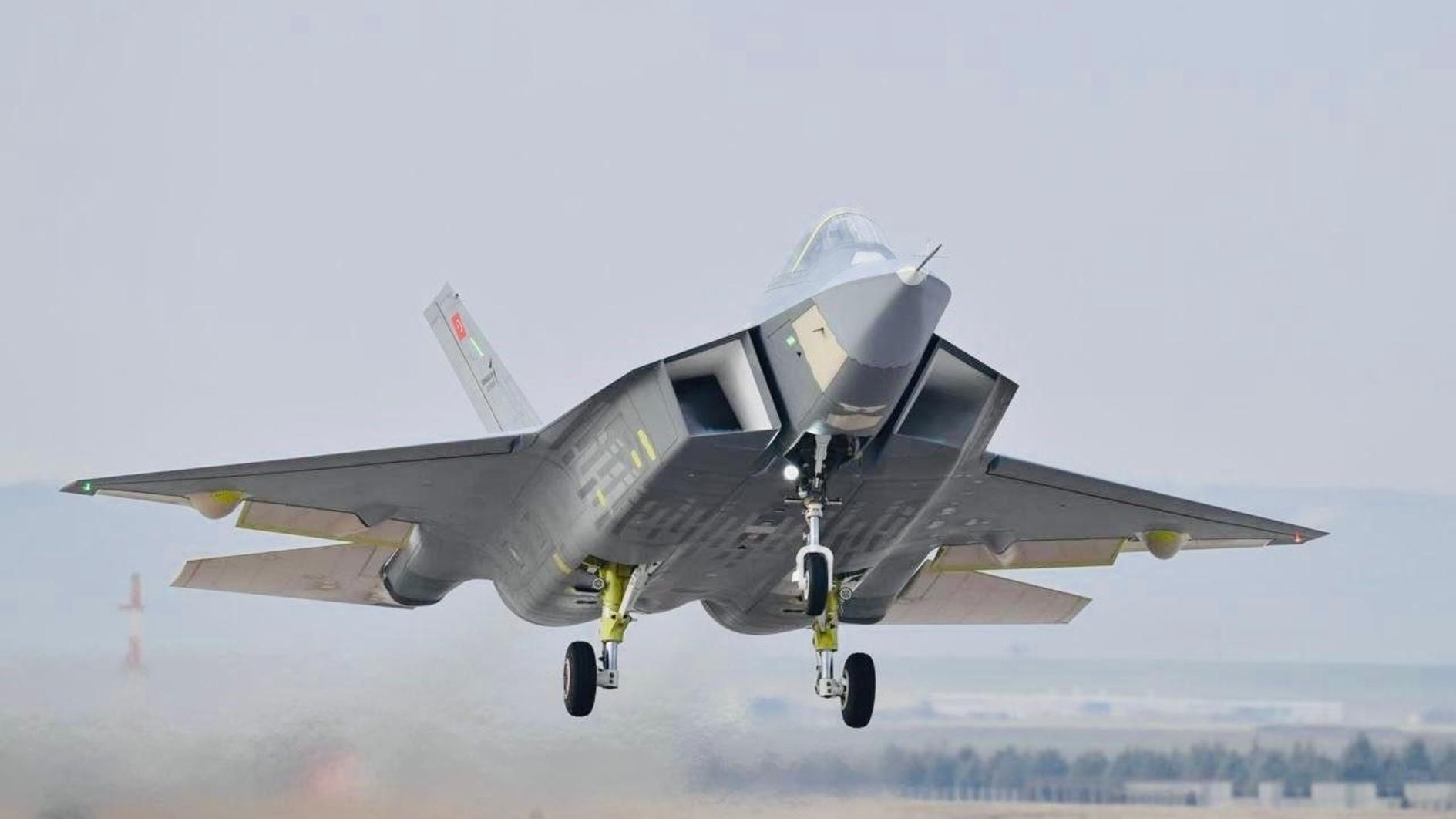Turkish seas witness most bountiful fishing season in years
TRABZON

Turkish waters have experienced an unprecedented bounty in the first half of the fishing season, marking a three-decade high, with the northern coasts proving exceptionally rich in fish diversity, according to fishermen.
Türkiye imposes a seasonal fishing ban annually from April 15 to Sept. 1 to protect fish spawning, promote marine ecosystem health and ensure the sustainability of the fishing industry.
When the ban lifts, thousands of fishermen take to the seas, contributing to an industry that remains a vital pillar of the national economy
"The Black Sea has been remarkably fruitful this year, both in terms of abundance and diversity. We haven't seen a bonito catch like this in perhaps 30 years. Even mullet, which typically appears later, showed up early this year, " fisherman Hüseyin Yılmaz said.
Another veteran of the trade added, “I’ve been in this sector for years. While we’ve had larger hauls before, the consistency and variety this season are truly remarkable.”
The season began with an exceptional harvest of bonito, followed by a prolific yield of anchovies and horse mackerel. Whiting and mullet later contributed to the bountiful season, keeping the momentum strong for fishermen.
Looking ahead to the second half of the fishing season, which continues until April 15, fishermen remain optimistic. They particularly emphasize the Black Sea’s superiority in yield compared to Türkiye’s other maritime regions this year.
Aquaculture exports from the Eastern Black Sea region surged by 23 percent in the first 11 months of the year, generating more than $200 million, marking a significant increase on the same period last year. Russia emerged as the leading importer of Turkish seafood.
Trabzon, a pivotal hub for seafood exports, accounted for $130 million of the region’s earnings, underscoring its dominance in the industry.
With production exceeding 500,000 tons in 2023, Türkiye ranks among Europe’s leading nations in aquaculture. The country now aims to surpass $2 billion in seafood export revenues by the end of 2024.
Meanwhile, in southern waters, the government’s efforts to curb the invasive pufferfish population — a species notorious for its toxic venom and destructive impact on fishing equipment — have gained momentum.
A program launched in 2020 compensates fishermen for capturing eight specific pufferfish species, offering payments for each fish delivered to authorities.
A report released on Dec. 26 revealed that between 2020 and 2024, 88,747 pufferfish were caught, preventing the introduction of over 6.6 million new individuals into the ecosystem.
In Türkiye’s landlocked regions, winter fishing traditions endure as well. On the frozen expanses of Çıldır Lake, located 1,959 meters above sea level, fishermen employ Eskimo-style techniques to harvest a variety of fish, braving icy conditions to continue their trade.















